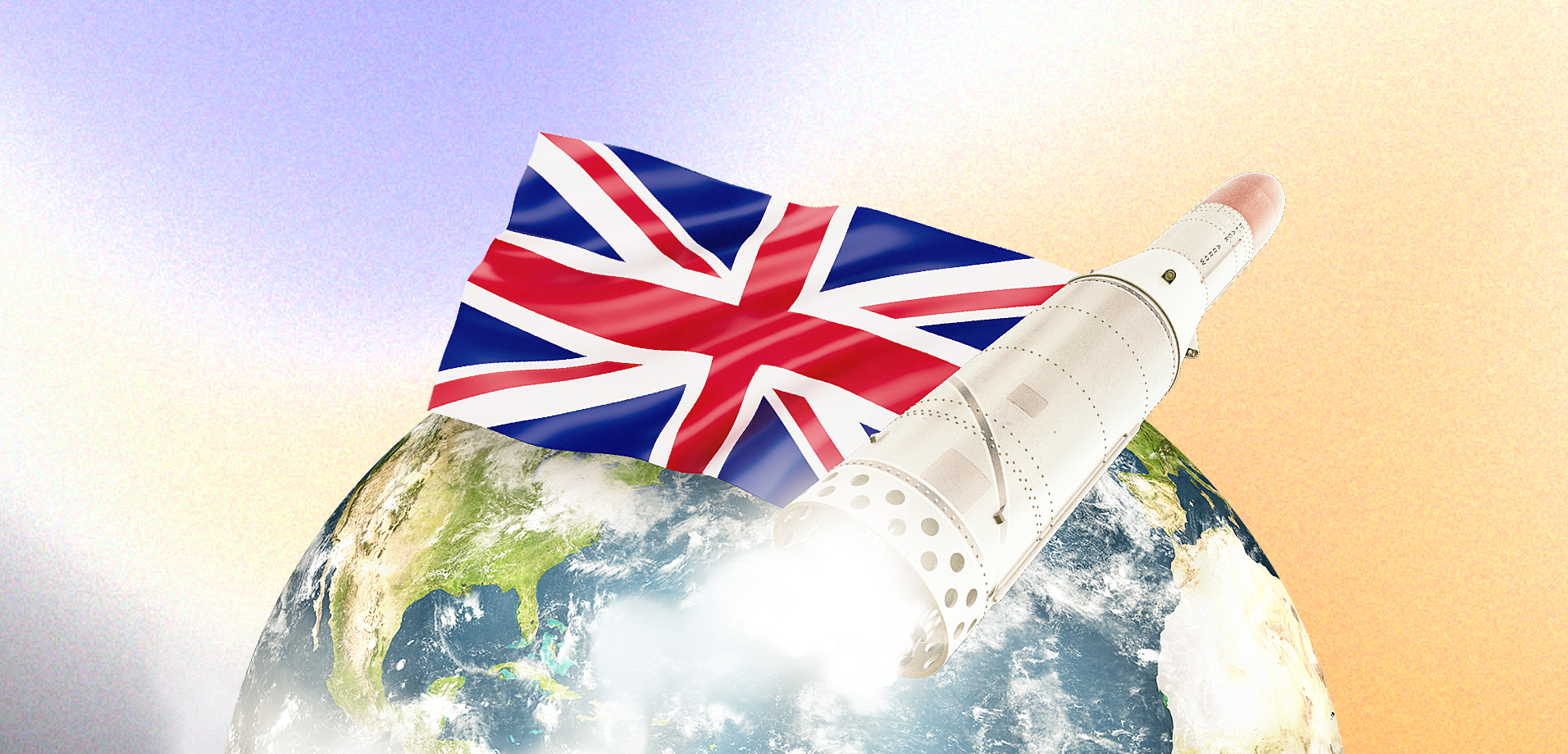UK space industry growth hit £1bn in 2021
30th Mar 2023
The UK space industry grew by almost £1 billion over 2021, led by rapid growth in the West Midlands and Yorkshire. In the latest Size and Health survey from know.space, published on 28th March, the data represented research from 1,590 UK-based organisations and generated over 300 responses. The survey was based on the 2020/2021 financial year and saw huge growth in employment, funding, and space companies.
Growth in numbers
In a positive start to the year, the survey revealed organisations generated £17.5 billion in 2021, a jump of £1 billion compared to the year before. This equals 5.1% growth in income for the industry, which is good news for the UK – more money means more spending on space.
“The £1 billion increase in sector income and £635 million investment generated by UK companies shows the confidence of investors and businesses in the UK space sector,” said Dr. Paul Bate, the Chief Executive of the UKSA. “The UK Space Agency will continue to catalyse investment to maintain this positive growth and bring further benefits across the UK economy, the science community and to the planet as a whole.”
The survey also found a significant increase in space-identified organisations in the UK, rising from 1,293 to 1,590 – which led to creating 1,772 jobs. The growth of space organisations is beneficial for closing the space skills gap and addressing the short-term goals the UK wants to achieve in space. Now, the space sector employs almost 50,000 people, and has grown by 1,000 over the past two years.
Areas leading the charge
In 2020, almost half of the space jobs were based in London and in the Southeast, but the growth is spreading out across England. The survey found the highest growth of space organizations in Northern Ireland, Yorkshire, Humber, and the Northeast of England. In terms of bolstered income, the West Midlands, East of England, and Wales saw the biggest increase.
In fact, these areas have also received additional attention this year with increased funding. In February, the UKSA plunged £6.5 million into clusters like Space Hub Yorkshire, Midlands Aerospace Alliance, Space Technology and Exploitation Programme in Northern Island, and others. Dr. Paul Bate says “to ensure we continue this journey, it’s crucial that we nurture skills and expertise, both established and emerging, all over the UK”.
Who are the money drivers?
While there is a focus on space exploration and discovery in the UK, space applications have been touted as the biggest money drivers. Services such as broadcasting, mobile satellite communications, and space manufacturing are driving the most growth in income, especially as they can benefit non-space companies and organisations. In fact, the UKSA is putting its money where the data is, as it invested a further £50 million to develop local satellite technology in January.
However, who is spending money on the industry? According to the survey, 89% of investment comes from the private sector. Specifically, data from Crunchbase showed that about £635 million was invested in UK-based space companies through 34 identified deals. Further, the number of investments continues to grow each year, increasing from one in 2012 to 34 last year.
“These positive figures underline the opportunities that space offers to drive inspiration, aspiration and productive jobs across the UK,” said John Hanley, Chair of the UKSpace, the trade body of the UK. “In order to capitalise on this, we must further strengthen our partnerships to maintain growth across the whole of the sector, allowing us to extend our reach and support the UK space industry in cementing its position as a leading player in the global space arena.”







Thank you for your comment! It will be visible on the site after moderation.